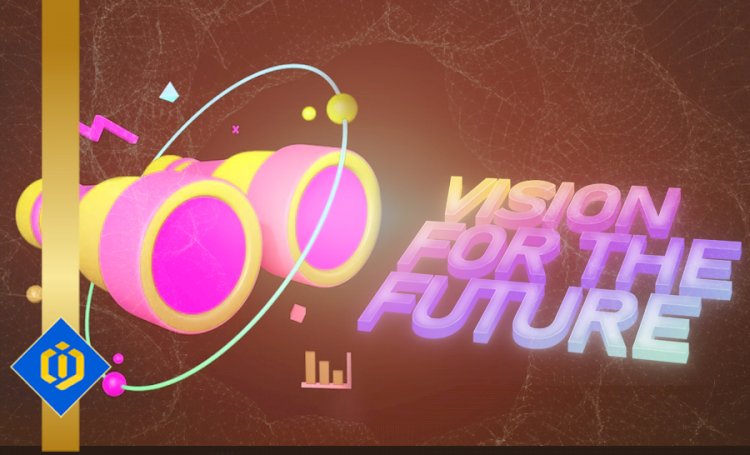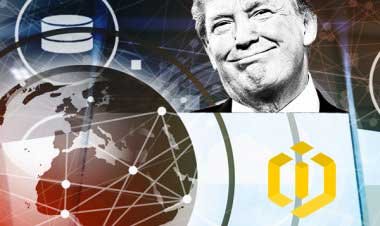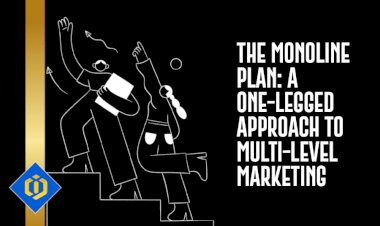The Joining Point Between Humanity and Technology

As we harness the capabilities of artificial intelligence and modern technologies in our ongoing fight against modern slavery and racism, we are also undergoing a profound cultural shift. This change requires a careful balance: using technology as an instrument of justice, without renouncing the essential human element at the heart of these issues.
The power of technology is immense, but its effective use depends on our collective will and informed decision-making. It's important to remember that algorithms are designed by humans and the information they process reflects our social norms, for better or for worse. The danger lies in the risk of perpetuating existing biases, as has been demonstrated in cases of algorithmic discrimination. To avoid this, we need to foster accountability and transparency in AI development.
This starts with fostering diverse representation among the individuals who create these algorithms. A diverse group of technicians offers a broader perspective and is more likely to identify potential biases or blind spots. It is also crucial to include the voices of communities most affected by modern slavery and racism. These people can provide valuable information that can lead to more effective, equitable and compassionate solutions. Additionally, we need a strong legal framework to ensure the ethical use of technology. These frameworks must keep up with advances in technology, protect the rights of individuals, and provide mechanisms to hold companies accountable for abuse.
Beyond the tactical applications of technology, it also plays a role in changing societal attitudes. By harnessing the unifying power of digital platforms, we can spark global conversations about modern slavery and racism. AI-based analytics can help us understand the patterns and trends in these conversations, leading to more informed strategies for societal change.
At the heart of this complex intersection of technology and humanity is a simple truth: our common genetic heritage. The fundamental equality reflected in our genetic code is a powerful reminder of our collective responsibility for one another. It is this shared heritage that motivates us to build a future where technology empowers our capacity for empathy and justice, and where the oppressive systems of modern slavery and racism are a thing of the past.
In this common effort, each of us has a role to play. Pledge to use AI and modern technology not just as practical tools, but as catalysts for meaningful and lasting change. This way, we can ensure that our AI-driven future reflects the best of our common humanity.
Author: Pooyan Ghamari, Swiss Economist & Visionary

 content-team
content-team 






















